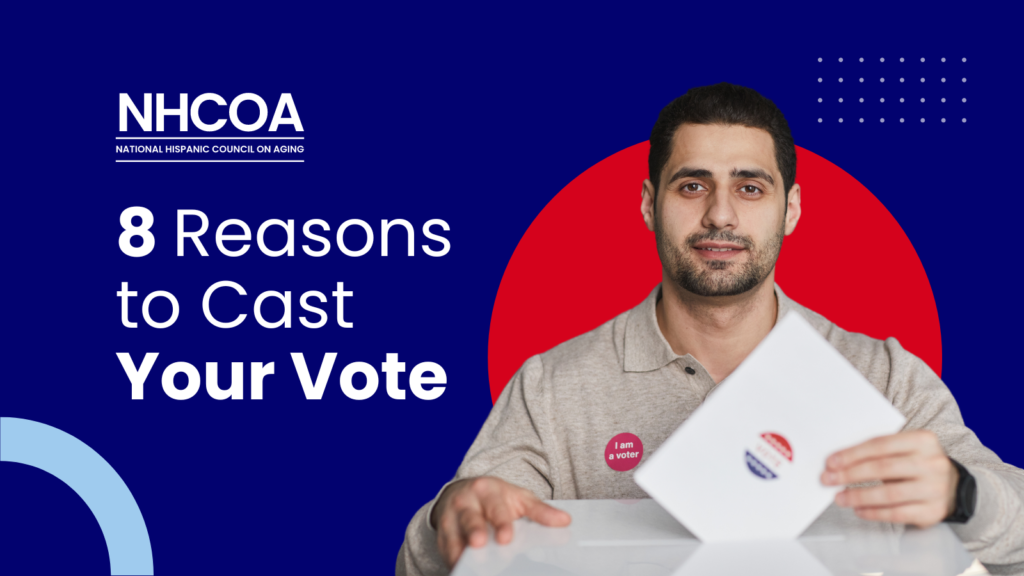
1. Yes, your vote does matter.
Did you know that the 2020 presidential election had one of the highest voter turnouts in decades? And yet, that exceptional turnout only accounted for about 66% of the total eligible population. Were the remaining 44% to have voted, they most certainly would have had an impact.
2. Civic engagement
Voting is the most basic way for you to participate in your country’s decision making. To vote for someone is to know what they stand for and what they’re aiming for, and while it often feels like broad claims of allegiance to one side or another, there are often very specific opinions, ideals, and plans set in a candidate’s campaign. Knowing how current and potential policies pertain to you and to others is the first step in being politically aware.
3. You’re a Taxpayer!
Where is your tax money going exactly? Among the various civil services that remain constant, it’s also going towards the various initiatives, plans, programs, and more that elected officials have put into action. Voting is one way for you to have a say in where your tax money is going. Are you paying for things that matter to you? Vote to make sure you are!
4. Express your ideals, and your vision for the country.
When it comes down to it, voting is the only sure-fire away to quantify our voices within the democratic system. When we vote for a candidate, whether it be for mayor, senate, etc., we are choosing them to represent us, and to work on behalf of an ideal or mission they’ve set for their term. Our vote is not simply a show of support, but a choice to align our ideals with their plans.
5. Your vote is how elected officials are held accountable.
Do you feel disappointed with an elected official? Does it seem that they have not held up their end of the bargain, or stayed true to the ideals they expressed in their initial campaign? Your vote is how you keep them accountable. Whether you voted for them initially or not, you can use your vote to show your approval or disapproval of an elected official, to make an impact on whether they continue their service.
6. “None of these Candidates represent me!” But surely one of them comes closer.
Maybe your preferred candidate didn’t win in the primaries, and you’re left in a troubling position where you don’t want to support any of the candidates moving forward, regardless of their party affiliation. The fact of the matter is that one of these candidates is going to win, and that your vote will affect which one does.
7. Voting is a privilege that many had to fight for.
Not everyone who lives in the United States is voting-eligible, and it used to be far less. Black people, women, and more all received their right to vote long after this democratic system was put into place, and only after long periods of injustice, unfair treatment, and general oppression, did we even come to know voter eligibility as it is now. Using your vote to participate in this long tradition of participation and advocacy, is just the start of how you can begin to honor that legacy.
8. Voting is a privilege that many are continuing to fight for.
It’s just not just about honoring past struggles, but current struggles as well. Even in the year of 2024, there are instances of voter suppression all across the country. Be it measures of voter intimidation, to keep eligible voters too scared to cast their vote, or gerrymandering of voting districts meant to dilute the voices of entire communities, voting remains a privilege that even the eligible are often kept from participating in. By casting your vote, you are showing respect for those whose voice is being suppressed, and you are marking an evident understanding of the value in both singular, and united voices.

Recent Comments